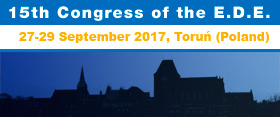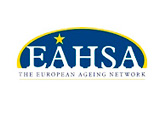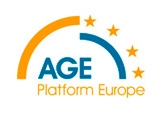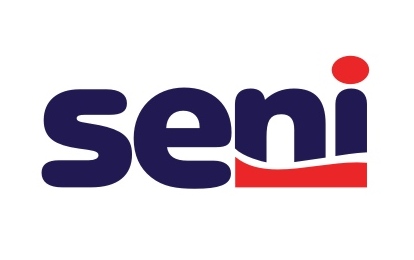The E.D.E. has undertaken to develop uniform European standards for the professional qualification of managers (home directors) in long term care. The association understands that in view of diverging social and educational structures in Europe a harmonisation of national training approaches can only be realised on the long term.
With its guidelines for the vocational education and advanced training of care home directors, the E.D.E. highlights the fact that in view of the growing professional and human demands of care and supervision, sector-specific education is crucial for those who care for the elderly and the very aged. The long term goal is to complete the education of care home directors at the university level. The E.D.E. therefore increasingly accredits academic courses in the areas of care, health and social management.
Qualifications
- Training institutes must show the required teaching qualifications according to their national law or at least an appropriate authorization for providing vocational education and advanced training recognized by the E.D.E.
- Training institutes must respect the E.D.E. framework guidelines regarding the training of care home directors and to apply them in their own curriculum.
Accreditation
- Training institutes must submit their training guidelines and curriculum to the E.D.E. and the national association for directors of residential care homes for the elderly.
- The examining body comprises representatives of the E.D.E. and the national association. It compares curricula with the E.D.E. guidelines and determines whether the submitted curriculum complies with all of the E.D.E. guidelines and training standards and, if the results are positive, approves the accreditation of the training centre.
- If the training institute satisfies the formal criteria of the E.D.E., it receives an accreditation certifying that provides vocational education and advanced training for care home directors according to the E.D.E. quality standards.
- The E.D.E. retains the right, in coordination with the training centre and the responsible national association, to inspect at any time the general training framework and course content and to reappraise whether the education corresponds to the criteria of the E.D.E.
- The accreditation is valid for five years.
If the submitted curriculum, or parts of it, does not meet with the requirements of the E.D.E. guidelines, the examining body will inform the applicant of the lacking content. The E.D.E. offers expert advice regarding such shortcomings.
In signing the declaration of consent, the training institute undertakes to inform the E.D.E. immediately of any changes or additions to its curriculum and agrees to give the E.D.E. access to documentation on its curriculum at any time.


 Current issue
Current issue







